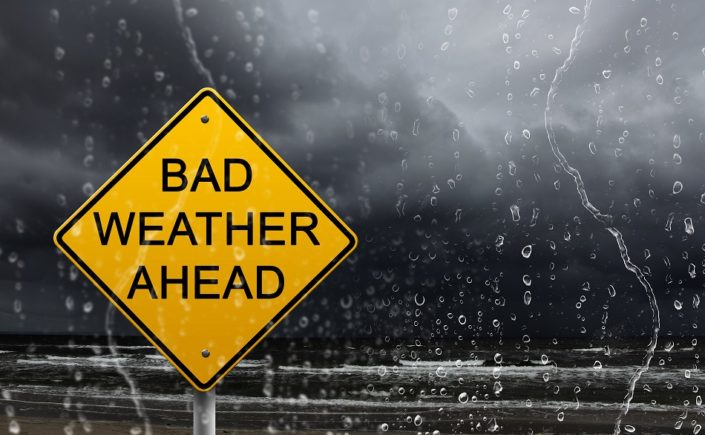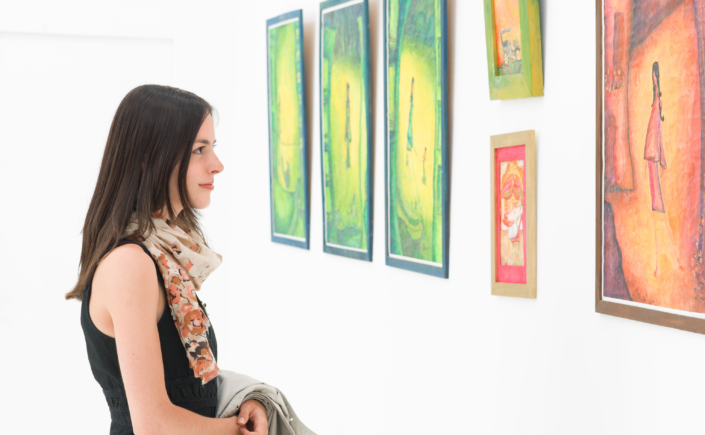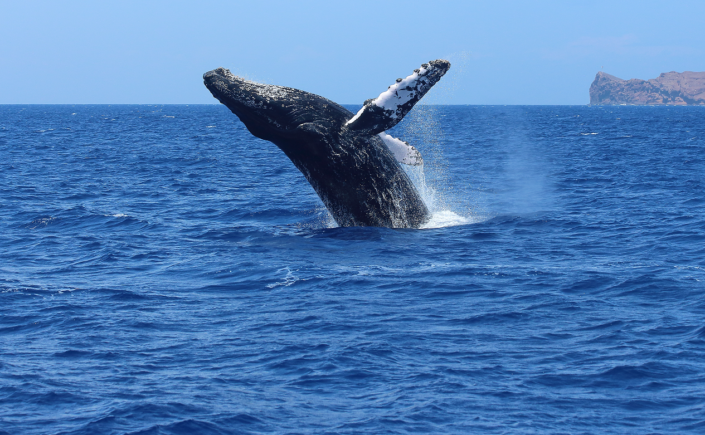Category: Sociology
-

Kvetching about time – what it is and why the wealthy are more prone to doing it
An excerpt from Spending Time – The Most Valuable Resource by Daniel Hamermesh. Daniel will be appearing at the UNSW Bookshop at 2pm today. Kvetch, a Yiddish word now widely used in English, means “to complain or gripe habitually.” And a favorite complaint is that someone is stressed for time. One definition of stress is…
-

Serial Offenders? The troubles and triumphs of true crime podcasting
By Katrina Clifford and Rob White. Learn more about the new edition of Crime, Criminality and Criminal Justice, authored by Rob White, Santina Perrone and Loene Howes. Podcasts about true crime have emerged as the new best sellers of crime media. The annual podcast survey by the ABC reveals the surge in popularity, with 44%…
-

How ‘the future’ connects across subjects
By Jennifer Gidley ‘Today’s world is complex and unreliable. Tomorrow is expected to be more so.’ – Jennifer M. Gidley, The Future: A Very Short Introduction From the beginning of time, humanity has been driven by a paradox: fearing the unknown but with a constant curiosity to know. Over time, science and technology have developed, meaning that we are…
-

What makes a literate nation?
An excerpt from Australian Literature for Young People by Rosemary Ross Johnston The arts – literature in all its forms, theatre and cinema, dance, music, drawing, painting and sculpture – both sustain and create literate nations. They are not an extra-curricular frill, but an integral part of communal and personal lives; they arm for the…
-

From Bounty to Tragedy: What Strandings Reveal About Our Changing Relations with Whales
By Jason Colby, author of Orca: How We Came to Know and Love the Ocean’s Greatest Predator In late March, 150 short-finned pilot whales were stranded in Hamelin Bay on the southwestern tip of Australia. The public response was extraordinary. Within hours, more than 100 volunteers mounted a rescue mission, working tirelessly to return the…
-
Child voice and participation in decision-making relating to research, policy and practice
By Rebekah Grace In the late 1990s I was working on my PhD research, which focused on the experiences of children and adolescents with Tourette’s syndrome. I came to know an insightful young man—let’s call him Jared—who drew a picture to describe what it’s like to be a nine-year-old boy who has a lot of…
-
The pitfalls of following the herd
Behavioural Economics: A Very Short Introduction author Michelle Baddeley talks to ABC Radio National Life Matters program about ‘Why we herd and how it can harm us’. In the interview, Baddeley discusses the tendency of people to blindly follow the herd, and the pitfalls of this behaviour, which might be at play in overheated housing…
-
What do aid agencies need to do to get serious on changing social norms?
It is one of the big questions of our time: how should we react to the rising tide of nationalism and populism (not just in the UK and the US, but also in India and the Philippines)? The issue gives rise to the question of how aid agencies should best engage with social norms – the…